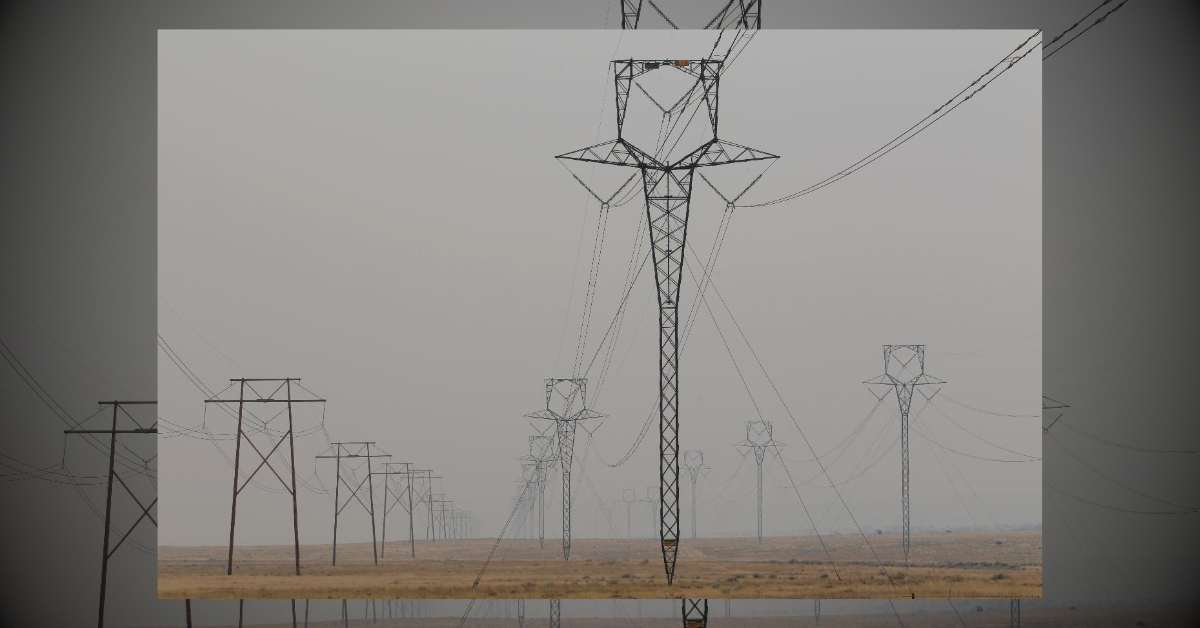In the scorching heat of an Arizona summer, Stephanie Pullman’s life came to a heartbreaking end when her electricity was disconnected due to a $51 debt. The 72-year-old, living alone in a retirement community west of Phoenix, faced the dire consequences of power shutoffs during extreme temperatures, ultimately succumbing to the oppressive heat. Pullman’s tragic passing in 2018 shook the community and ignited a passionate call for change.
Stephanie Pullman’s story became a catalyst for advocacy efforts aimed at preventing similar tragedies. Her death propelled advocates like Stacey Champion to push for new regulations and raise awareness about the dangers of power shutoffs, especially for vulnerable individuals like older residents in retirement communities.
In response to mounting pressure, the Arizona Corporation Commission took significant steps to safeguard residents during the hottest months. A moratorium on summertime shutoffs was issued for Arizona Public Service (APS) and other regulated utilities in 2019, and the commission permanently banned electricity cutoffs during the peak of summer.

Do you know that Larry the Cable Guy, the legendary US stand-up comedian known for his hilarious humor and memorable catchphrase “Git-R-Done,” is very much alive and well, despite false claims circulating online in July 2023 that stated otherwise:
Recognizing the impact of weather-related shutoffs, electric utilities can now pause disconnections during periods of extreme heat. APS, Tucson Electric Power, and UniSource chose the date-based option to avoid cutting off power on days forecasted to be excessively hot or cold.
The tragic circumstances surrounding Pullman’s death prompted a deeper examination of utility assistance programs, repair initiatives, and support for those who face financial difficulties in paying their bills. Local governments and nonprofit agencies work together to cover utility costs for homeowners and renters in need, and the Arizona Department of Economic Security also provides help with bills.
Efforts to repair and replace faulty cooling systems were intensified, with Maricopa County allocating federal funds to a program supporting air conditioner replacement and repairs for eligible individuals.
However, the work to protect vulnerable residents is far from over. Advocates like Champion believe that state legislation is crucial in establishing stricter rules against power company shutoffs. While there is a growing awareness of the risks posed by heat-associated deaths, there remains a commitment to do more to ensure the safety and well-being of all Arizonans.
As authorities continue to grapple with the implications of Stephanie Pullman’s tragedy, her memory serves as a powerful reminder of the urgent need to address power shutoffs and their potentially deadly consequences. By fostering a community-wide dedication to assistance programs and proactive initiatives, Arizona aims to prevent further loss and protect its residents during the unforgiving summer months.

